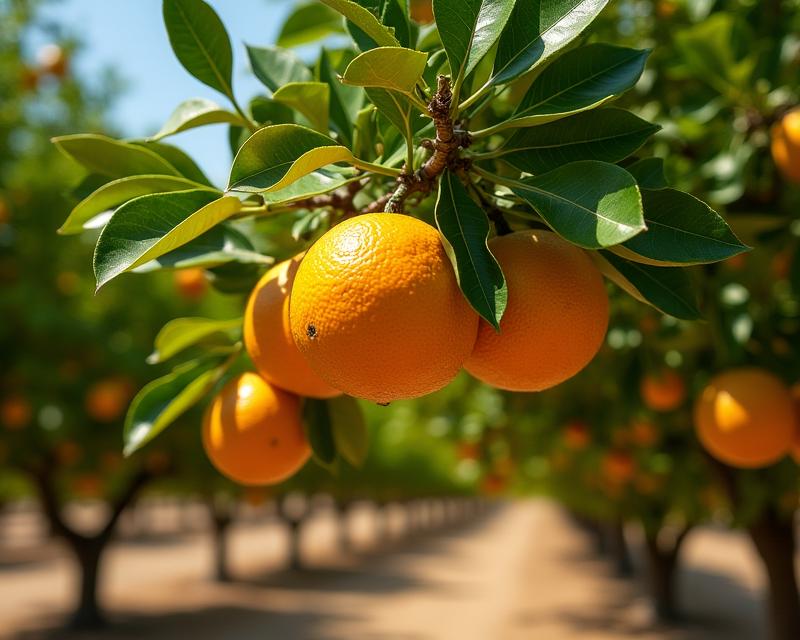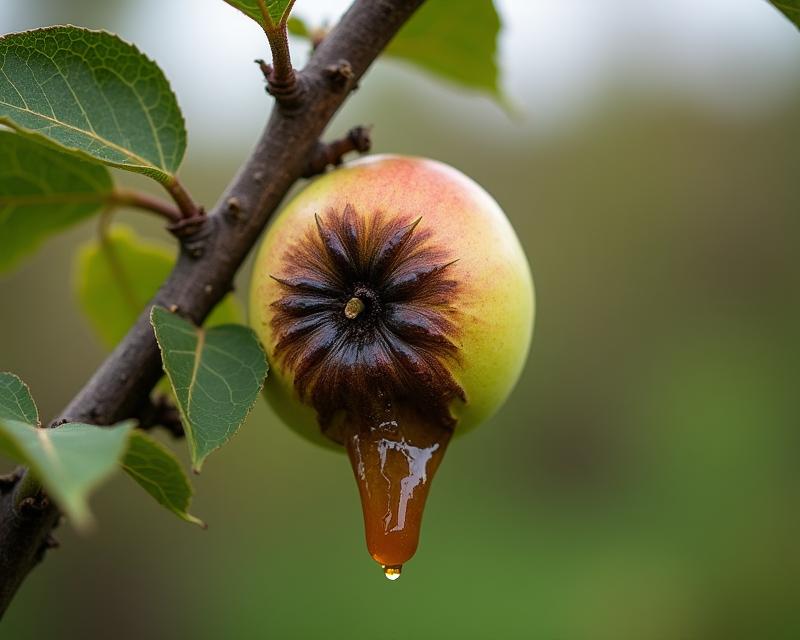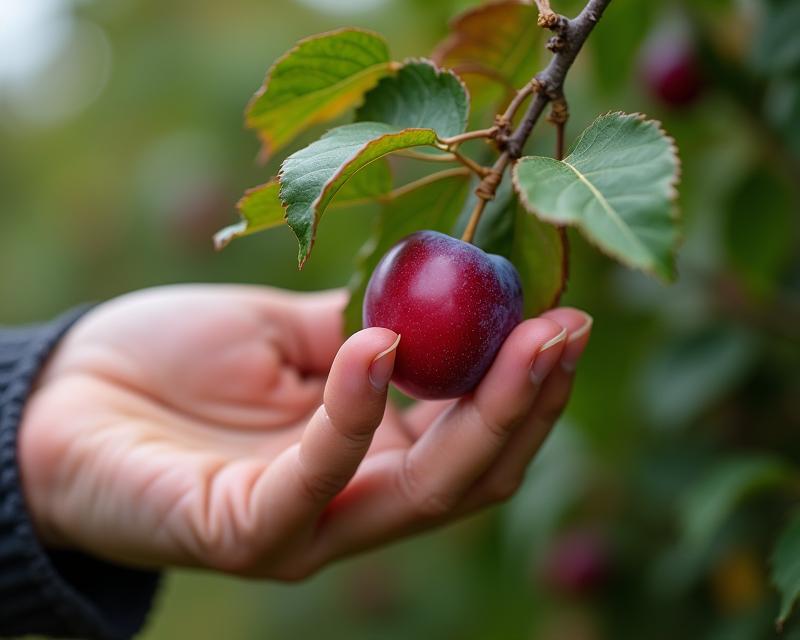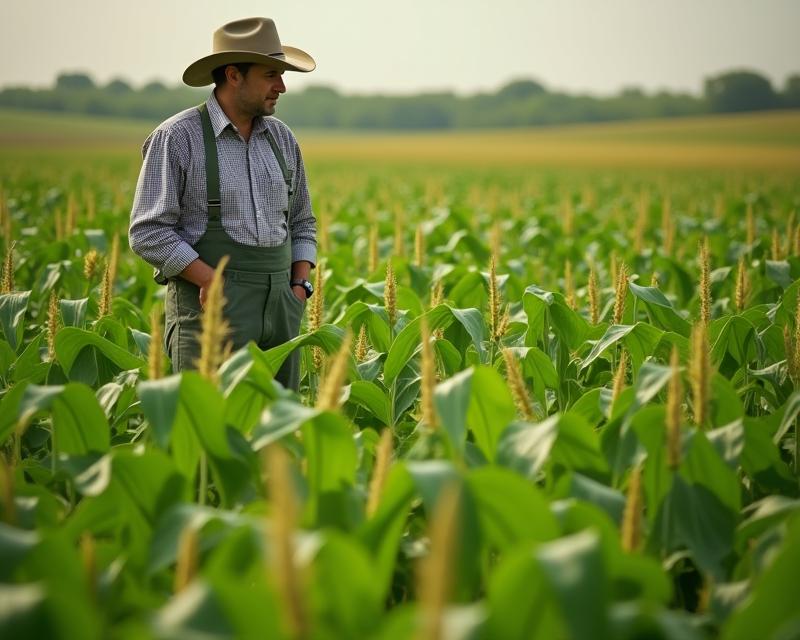Citrus Storage: Keeping Fruit Fresh Longer
Publish in Crops el 04/07/2025 00:57
Citrus Storage: Keeping Fruit Fresh Longer
Harvesting a bountiful crop of oranges and lemons is a rewarding experience! But what do you do with all that fruit once it's picked? Proper storage is key to extending the shelf life of your citrus, ensuring you can enjoy the fruits (pun intended!) of your labor for weeks or even months. Here's a guide to keeping your oranges and lemons fresh and flavorful.
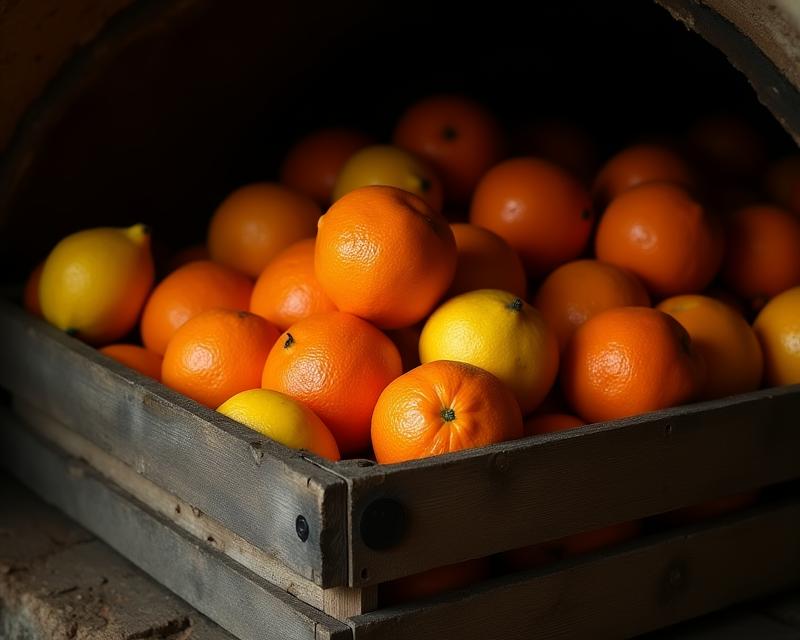
Understanding Citrus Storage
Citrus fruits are sensitive to cold temperatures, which can cause chilling injury. However, they benefit from cool, humid environments. The ideal temperature range for storing oranges and lemons is between 50-55°F (10-13°C). This is cooler than room temperature, but not cold enough to damage the fruit. Humidity is also important – aim for around 85-90% humidity to prevent the fruit from drying out.
Best Storage Practices
Here are some practical tips for storing your harvested citrus:
- Room Temperature (Short-Term): For short-term storage (a few days), oranges and lemons can be kept at room temperature, away from direct sunlight and heat.
- Refrigerator (Medium-Term): The refrigerator is your best friend for longer storage. Place citrus in a plastic bag with a few holes for ventilation. This helps retain moisture without causing mold. They can last for 2-3 weeks this way.
- Cold Storage (Long-Term): For months of storage, a root cellar or unheated garage can work well, as long as temperatures stay within the 50-55°F range. Avoid freezing, as this will negatively impact the texture and flavor.
- Individual Wrapping: Consider wrapping each citrus fruit individually in paper towels before storing. This helps absorb excess moisture and prevents the fruits from touching and potentially spoiling each other.
Signs of Spoilage
Even with proper storage, citrus can spoil. Watch out for these signs:
- Soft spots: Indicates decay.
- Mold: A clear sign of spoilage. Discard immediately.
- Shriveled skin: Indicates moisture loss.
- Off-odor: A foul smell means the fruit is no longer good to eat.
